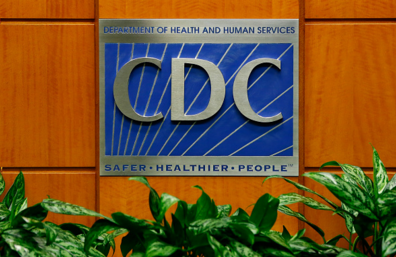I’ve always prided myself on maintaining a healthy level of outrage toward the unfair aspects of society. Without getting angry and emotional about a social justice, race or health issue close to us, little to no change can ever be done to fix it. It is that initial passionate indignation that will ensure people speak out about injustice in order to act out against it, and it is a crucial part of social change. However, our society has a growing culture of “outrage,” one that is becoming detrimental and inefficient in terms of using it for the better.
People seem to become angry about everything and anything. The problem is that, beyond complaining on social media and causing a public stir just for the sake of it, very little positive change is being achieved. Outrage is effective if we do something about it, not just if we use it to make the latest blog post, and especially not when the outrage is pointed toward issues that, frankly, do not deserve media time in the first place.
The Centers for Disease Control and Prevention (CDC) recently released an important piece of advice for all women of a fertile age, stating that those individuals who are sexually active should refrain from alcohol consumption if they are not using birth control. Almost immediately, the backlash began. The statement caused huge controversy with women across the country who thought they were being regarded as baby factories and reproductive vessels and not as individuals with complete reproductive and sexual freedom. The CDC was attacked for this medical, health-driven guidance and the media, with outrage being their forte, did not take long to jump on the bandwagon. The Washington Post called the statement “incredibly condescending,” and feminist website Jezebel regarded the CDC’s insight as an “unrealistic warning.”
However, and maybe this is an unpopular opinion, I found the statement to be completely valid. As a woman, as someone in control of my own reproductive and sexual health, and as an individual who knows my actions will undoubtedly affect my own future, the advice makes sense on all levels. It is not in any way forcing women to plan their lives around an imaginary future baby, and thinking that way is melodramatic, unnecessary, faux-outrage. The CDC recognizes that almost half of all pregnancies are unplanned, and most women do not know they are pregnant until week four or five. Additionally, they are looking out for the health of an existing fetus, because alcohol consumption can cause great risks to a baby medically, stunting their growth or causing birth defects as well as future learning and developmental problems.
To put it frankly, if you are consuming alcohol and having unprotected sex without any form of birth control, there is a greater risk of pregnancy. The CDC commented on the possibility of risking the health of a fetus and did not imply through their recommendation that every woman who could get pregnant should stop drinking. Instead, they simply expressed the true, medically tested and professionally based facts that alcohol can seriously affect the health of a baby, especially in the first trimester. This was not a case of misogyny — it is reality.
I am not trying to defile or make light of issues that some people find important, but it’s necessary to look at the grand scheme of things when it comes to a huge issue such as the rights of women and their health and wellness. Instead of trying to fight medically sound recommendations and using our energy to express outrage at credible statements from credible sources, women — and men — in this country would do better to channel this vitality towards women’s issues that truly deserve our outrage.


